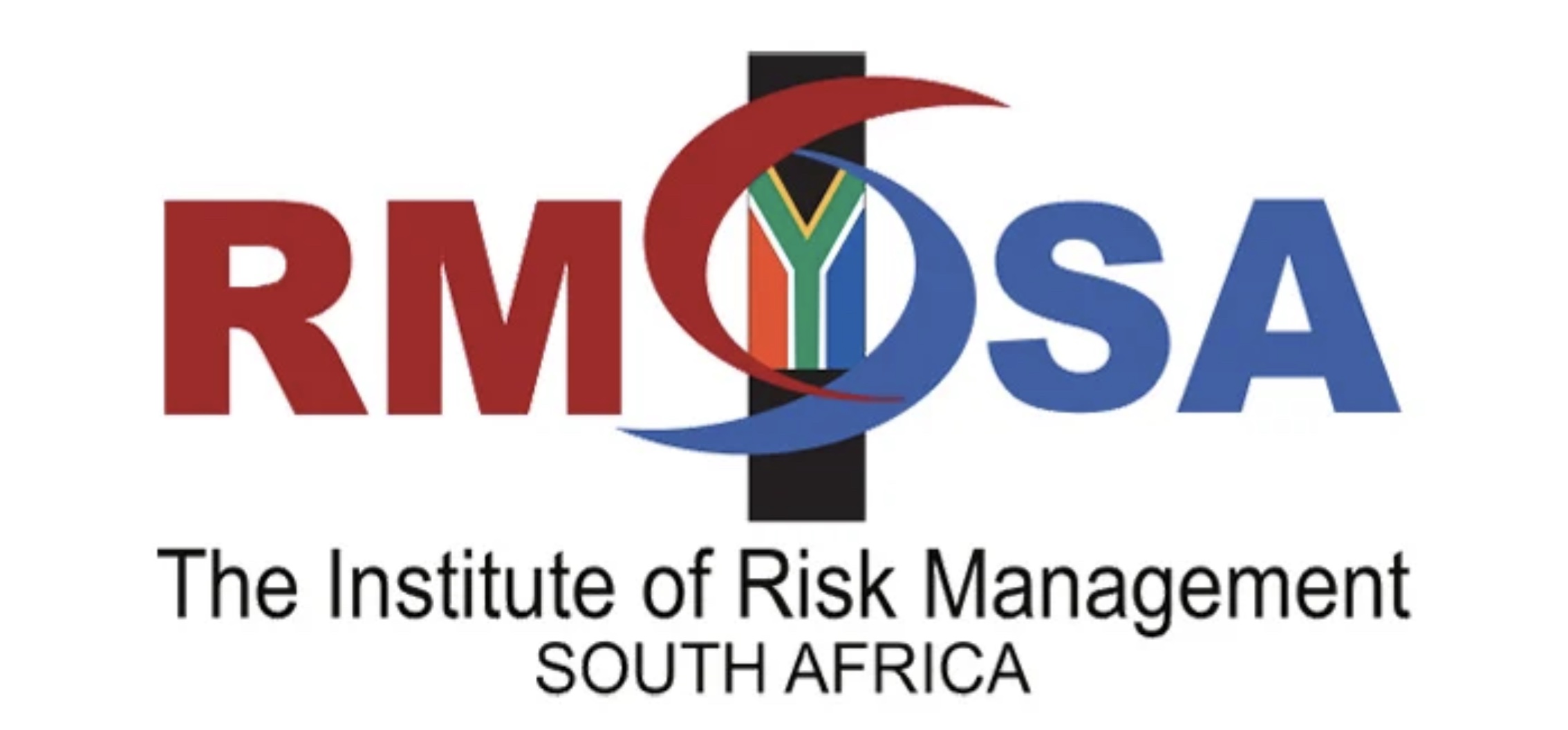Resilience In Better Leadership: SA’s Top Risks and Solutions Unpacked by IRMSA Expert Panel
This month South Africa’s largest city and business hub announced that water cuts are being added to the extensive list of concerns for its residents. The explanation provided by Johannesburg water points to supply issues worsened by increased load shedding in the region.
Despite the devastating effects that these issues are having on our economy and society, South Africans can only shrug and bear it, having surpassed the stages of anger and outrage at a state unable to deliver.
These local crises form part of a broader, global risk landscape that includes the climate crisis, growing social divides, heightened cybersecurity risks, and an uneven post-pandemic global recovery.
Against this dismal backdrop, risk professionals face a tough task: how to remain resilient in the face of global uncertainty. And who will lead us in this charge? This was the focus of an Institute of Risk Management (IRMSA) high level discussion on the global and local risk outlook heading into 2023.
The primary concern that emerged from the panel linked faltering resilience to a serious lack of leadership – an issue that the IRMSA 2022 Risk Report flagged as South Africa’s biggest risk.
Director and Chief Economist at Econometrix Dr Azar Jammine believes that this lack of leadership manifests most significantly in the corporate sector. “At the moment in South Africa, we face a huge divide between the segment of society that believes that the economy should be run by the private sector on the one hand, and another divide that says everything needs to be led by the government,” says Jammine. “And we just don't seem to be able to have a leadership that combines the two,” he adds.
Advocate Boyce Mkhize echoed Cynthia’s stance on stricter consequences in the face of corruption, but his key concern is how leaders are failing to take a practical approach to solutions. “We philosophize around these issues,” says Mkhize. “And this creates a disjuncture between that which we need to do, and that which we do in practice. And I do think that part of the reason we are doing this is because of this huge risk, which is a huge uncertainty about the socio-economic stability of the country,” he adds.
Chairperson of the South African National Energy Association, Kiren Maharaj brought an energy sector perspective to the leadership debate, commenting on the effectiveness of Eskom’s current board. Kiren believes that effective leadership in South Africa’s tumultuous energy sector means clearly defining the expectations that we have of leaders in energy. “A board is not there to run the company operationally,” she explains. “The board is there to provide oversight, leadership, governance, and some of that vision. But we cannot leave the vision to be left at what we need to do. Vision needs to be translated into how you need to do it. And the board needs to hold management accountable for how they are acting.”
So, what can South Africa’s leaders to fix a broken system? IRMSA’s Chief Risk Advisor, Christopher Palm links the conversation around effective leadership to strategy, risk, and resilience and how the alignment and integration of these principles is the best way forward for future leaders. It is also about reassessing and learning from mistakes. “Risk management is all about allowing for better decisions to be taken,” says Palm. “The idea is that we integrate the setting of strategy with the with the assessment of risk, and then asking the question ‘what if we get it wrong?’” he explains. This is where resilience comes in. “Resilience is about taking those lessons learned and integrating them into strategy moving forward.”

